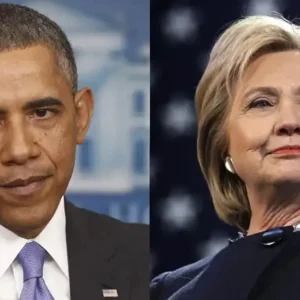The U.S. Senate narrowly approved a \$9 billion federal spending cut in a 51-48 vote, marking a key step toward more economical governance. Backed by President Trump’s administration, the measure reflects a renewed focus on eliminating wasteful spending and redirecting funds toward essential services.
The package includes cuts to foreign aid and eliminates long-standing funding for public broadcasters like NPR and PBS, aligning with broader calls for budget reform after years of deficits.
Not all Republicans supported the move. Senators Susan Collins (Maine) and Lisa Murkowski (Alaska) voted against it, criticizing the proposal’s lack of clarity and transparency. Collins noted that the \$2.5 billion cut to Development Assistance lacked detail on which programs—such as clean water or food security—would be affected.
Rural lawmakers, including Murkowski and Collins, expressed alarm over the public broadcasting cuts, stressing the role of local stations in emergency communication. Murkowski cited recent tsunami alerts in Alaska as a reminder of their value.
While Collins considered introducing an amendment to reduce the cuts to \$6 billion, Senator Mark Kelly presented it instead. Murkowski offered a separate amendment to protect public broadcasting funds.
Some lawmakers argued the reductions were modest. Senator Ron Johnson noted the rollback represents less than 0.1% of the federal budget. Senator Eric Schmitt, who championed the bill, said the measure reflected responsible governance and set a precedent for future savings.
The package now returns to the House for final negotiations. Supporters see it as a step toward long-term fiscal responsibility and more focused budget management.





